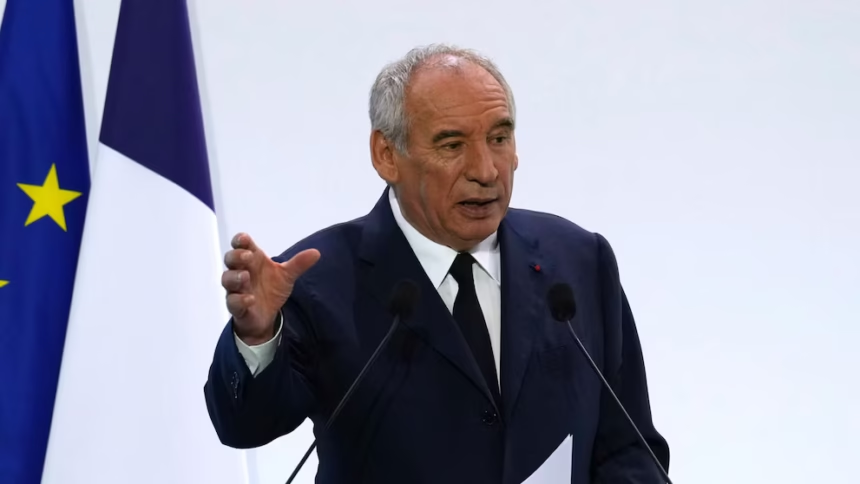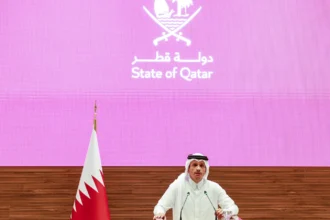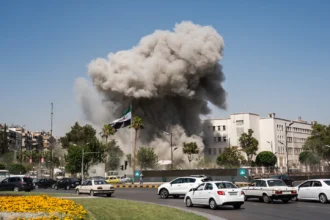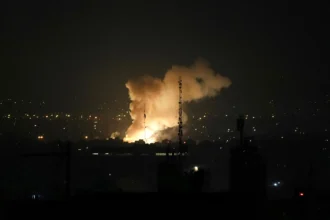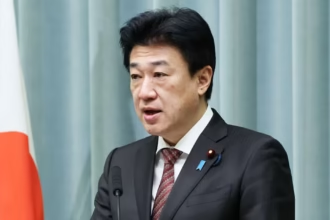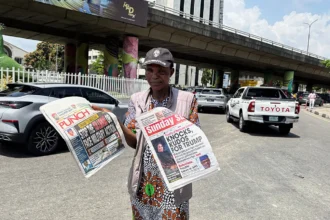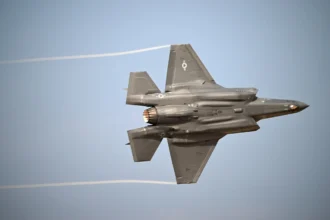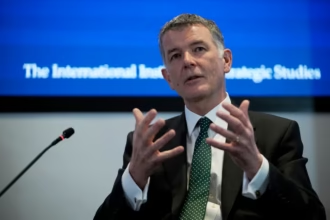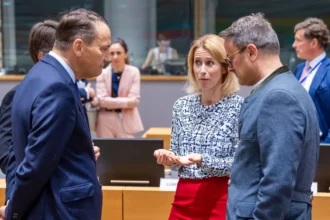France is facing one of its most precarious political moments in recent memory as President Emmanuel Macron appoints a new Prime Minister to navigate a deepening political crisis. The move comes after the unexpected departure of Prime Minister François Bayrou, leaving Macron’s administration scrambling to maintain stability amid mounting social, economic, and parliamentary challenges.
The Context: Political Instability in France
Macron’s centrist coalition has struggled to maintain a working majority in the National Assembly following the 2022 parliamentary elections. With opposition parties gaining ground, particularly the far-right Rassemblement National and the far-left La France Insoumise, the government faces legislative gridlock.
Bayrou’s resignation, reportedly due to growing internal tensions and disagreements over policy direction, has intensified concerns about the government’s ability to pass key reforms, including budgetary measures, pension adjustments, and labor laws.
The New Prime Minister: Challenges Ahead
Macron’s new appointee inherits a hostile political environment, with several urgent priorities:
- Economic Pressures: France is grappling with slow GDP growth, rising inflation, and public dissatisfaction over living costs. Macron’s team must balance fiscal discipline with social welfare demands.
- Parliamentary Resistance: With a fragmented assembly, passing legislation will require extensive negotiation and compromise with opposition parties, a politically risky endeavor.
- Social Unrest: Recent protests over pensions, labor reforms, and climate policies highlight widespread public frustration, making political stability fragile.
Political analysts caution that the new Prime Minister will need to demonstrate both strategic acumen and coalition-building skills to survive in office.
Macron’s Political Calculus
Macron has historically positioned himself as a pragmatic reformer, attempting to modernize the French economy while appealing to both centrist and moderate conservative voters. However, repeated clashes with labor unions and opposition parties have made legislative achievements increasingly difficult.
The appointment of a new Prime Minister is also seen as a symbolic reset, aimed at signaling a willingness to adapt and respond to growing discontent. Yet, critics argue that a mere change in leadership will not resolve the structural challenges facing the Macron administration.
Economic and Social Stakes
France’s political crisis comes at a time when Europe is navigating economic uncertainty, including slower growth in Germany, energy price volatility, and global inflationary pressures.
Domestically, key reforms, such as changes to the pension system and taxation, have sparked mass protests and strikes. The government’s ability to enact policy without alienating voters will be tested in the coming months.
Opposition Response
Opposition parties are seizing the moment. The far-left is calling for renewed social protections and increased public spending, while the far-right is leveraging fears over immigration and national identity to gain electoral support. Macron’s new Prime Minister must contend with these forces while attempting to maintain a centrist coalition.
International Implications
France’s political turbulence also carries international consequences. As a founding member of the European Union and a permanent member of the U.N. Security Council, instability in Paris can impact EU policymaking, NATO coordination, and France’s diplomatic engagements globally. Investors and international partners are watching closely for signs of economic continuity and political reliability.
The Path Forward
The new Prime Minister faces an immediate test of leadership: stabilizing the government, regaining public trust, and steering France through both domestic and international pressures. Success could reinforce Macron’s legacy as a resilient reformer; failure risks further unrest, early elections, and diminished influence on the European stage.
For now, the country remains in a delicate balancing act, with citizens, lawmakers, and international observers all keenly watching whether Macron’s administration can regain control or if France will face prolonged political instability.

